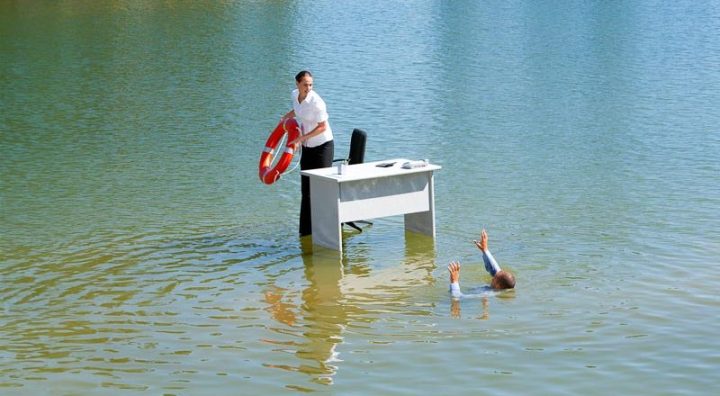
Coping with stress
Most people experience stress and anxiety at some time, yet just as your body has an automatic response to stress, it also has a built-in system to calm you down.
The ‘relaxation response’ helps you recover from the “fight or flight” response. It brings all your systems back to normal, and returns your body to a calm, resting state. The relaxation response also helps protect your body from health issues related to the stress response. Here are some of the strategies you can use to help the relaxation response kick in.
Exercise and physical activity
Moving your body, even for 20 minutes a day, may help lower your overall stress levels and reduce tension in your muscles. If you can, get outdoors and take a brisk walk in nature.
Breathing exercises
Belly breathing, also known as diaphragmatic breathing, is one of the simplest ways to relax. Breathe in deeply through your nose, allowing your belly to expand, and exhale through your mouth.
Yoga
Mind and body practices, such as yoga, can help relieve stress, reduce anxiety, and boost your overall well-being. If you’re new to yoga, you may want to begin with a 10-minute restorative yoga session.
Meditation
Practising meditation may help reduce the inflammation response caused by stress, and also decrease anxiety. Start with five minutes of meditation at a time, and increase by a few minutes each week.
Progressive muscle relaxation (PMR).
To do PMR, simply tense each muscle group in your body one at a time, and hold for five seconds. On the exhale, relax the muscles for 10 to 20 seconds before moving to the next muscle group.



